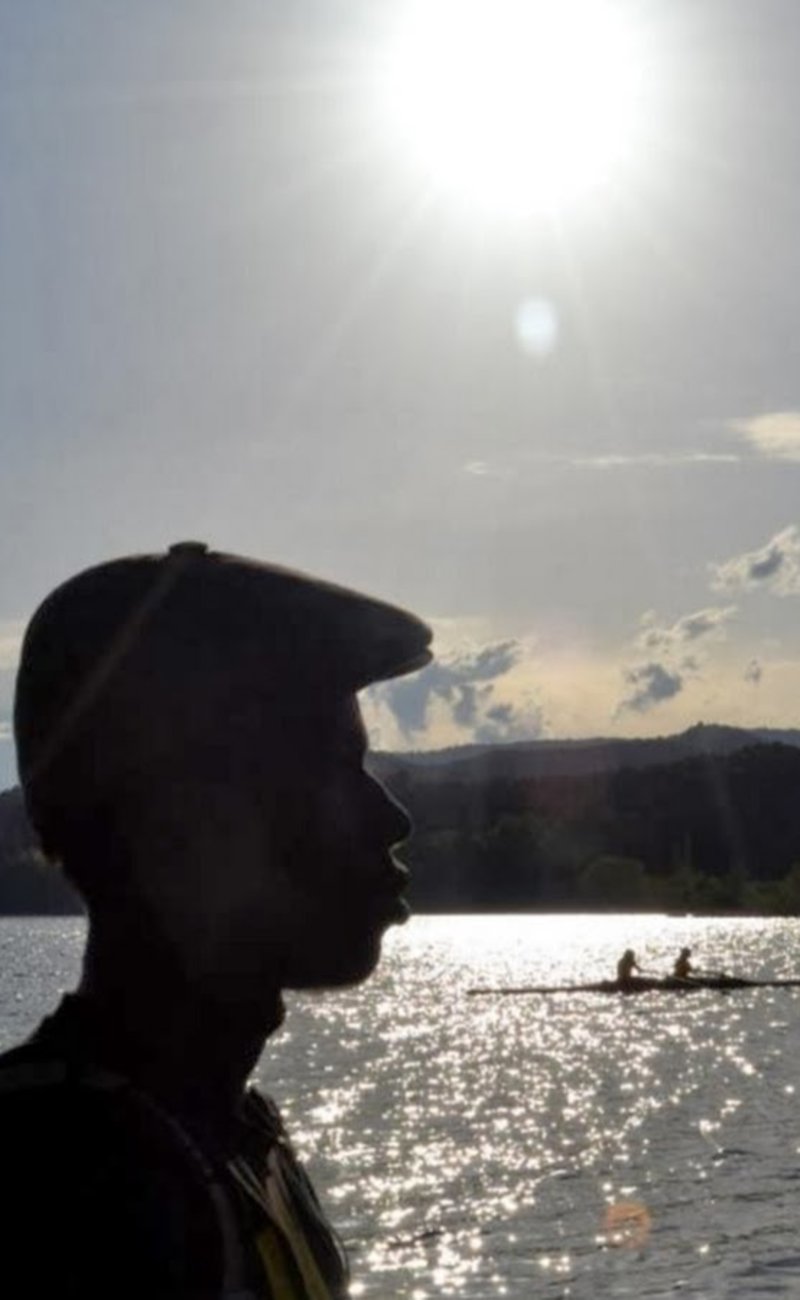Long-term resident
Long-term resident
In his 2018 Kessel Diary the Catalan film director Albert Serra describes an argument he had in that Westphalian town with some film students who were helping him on a large scale film project there. They complained that he had no formal qualifications and couldn’t understand why he was the one calling all the shots. He replied that he never trusted people who’d been to film school - like those students - and that the reason he was in charge and not them was because he had ‘come from nowhere’. In fact, he comes from Banyoles, a town of just under 20,000 people near Girona in north-eastern Catalonia, but it’s true that he has no formal qualifications or diplomas. This summer, Banyoles hosted one of the plethora of music festivals that take place all over Catalonia every year (and which were amply described in the last issue of this magazine). This major event - called Aphònica - was opened by another Banyolan ‘from nowhere’: Daura Mangara, a second generation Afro-Catalan, who is rapidly on his way to becoming Catalonia’s most gifted and convincing rapper (he raps mainly in Catalan, quite a lot in Spanish and occasionally in English). Like Serra, Mangara too has no formal qualifications and on top of that he has, in the tradition of so many rappers everywhere, been through a confused and tough time before finding his true vocation. Like not a few second-generation Catalans with African parents, he found himself living a double life (obligatorily Gambian at home and naturally Catalan outside it) which confused and frustrated him. When he was sent to Gambia as a teenager for two whole years - apparently in an attempt to de-Westernise him - he came back home more confused, and angrier, than ever. Feeling lost and rootless, he turned to drink and drugs and in 2016, at twenty-two, got into a drunken brawl with several other people including his ex-girlfriend (he was so off his face he remembers only flashes of the event, and has had to trust the testimony of other witnesses). He was reported to the police, not least by the understandably alarmed ex, and made the (big) mistake of trying to fight them as well. In a nutshell, he had a restraining order slapped on him and ended up spending over a year in jail. Since then, this sensitive, intelligent black Catalan has kept off the booze and powder and has carved out a career for himself as a musician and dancer. He also gives workshops on rap and dance to schoolchildren and is an active member of the Afro-Banyolan Social Movement - a cultural association - but has recently cancelled several concerts, concerned that three years after the aforementioned fight, he is getting a lot of flak (for the first time) from various feminists, even though they are often not fully informed about the details of his case - which are remarkably complex - and despite his showing no recidivist tendencies after having served a full prison sentence for his mistakes (which no one - Mangara least of all - has ever tried to justify). A pity, because his concerts - to judge by the one he gave at the Aphònica festival - are both powerful and sophisticated, something that female and male spectators of all ages have no hesitation in agreeing on. In short, there is no question of questioning the issue of women’s rights in this particular case - or any other - but neither (or so it seems to me) does a penitent and punished transgressor with talent deserve to be put in the social media stocks for life.


